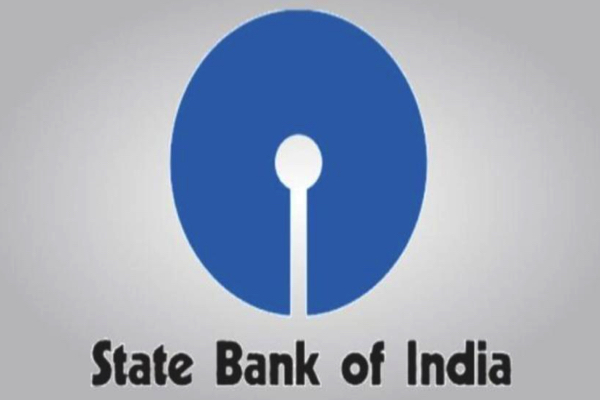Despite the fact that the information is available to the public on the Election Commission’s website, the bank declined to disclose details of the electoral bonds scheme, citing two exemption clauses under the Right to Information (RTI) Act: section 8(1)(e), which pertains to records held in a fiduciary capacity, and section 8(1)(j), which allows withholding personal information.
“The information sought by you contains details of purchasers and political parties and thus cannot be disclosed because it is held in fiduciary capacity disclosure of which is exempted under sections 8(1)(e) and (j) of the RTI Act,” the response furnished by the central public information officer and deputy general manager of the SBI said on Wednesday.
Batra had also inquired about the fees paid by the SBI to senior counsel Harish Salve for representing the bank in its battle against the disclosure of electoral bond records.
The bank stated that these records are handled in a fiduciary capacity and the information is personal in nature.
According to the RTI Act, Batra expressed his dismay, claiming that it is “Bizarre” for the SBI to refuse information that is already available on the Election Commission’s website. Regarding Salve’s charge, he stated that the bank refused to divulge information on taxpayer money.
The Supreme Court, judging the electoral bonds program “unconstitutional and manifestly arbitrary,” directed the SBI on February 15 to disclose detailed data of bonds purchased since April 12, 2019, to the EC. The EC was subsequently asked to make this material available on its website by March 13.
On March 14, the EC published the data provided by the SBI on its website, including information about the donors and political parties who redeemed the bonds.
On March 15, the Supreme Court chastised the SBI for failing to provide complete information by concealing the numbers unique to each electoral bond that would aid match donors with recipient political parties, stating that the bank was “duty-bound” to release the information.
A five-judge bench led by Chief Justice D Y Chandrachud ordered the publication of all bond details, including the names of the purchasers, amounts, and dates of purchase.
The SBI must provide all facts, according to the CJI, who chastised the bank for providing inadequate information just a day after the EC released the entire list of entities that purchased the bonds to make political payments.
The SBI stated that contributors acquired a total of 22,217 electoral bonds of various values between April 1, 2019 and February 15, 2019, with 22,030 being redeemed by political parties.
Also Read: https://clipper28.com/en/cbi-arrested-k-kavita-inside-thihar-jail-over-liquor-policy-case/



